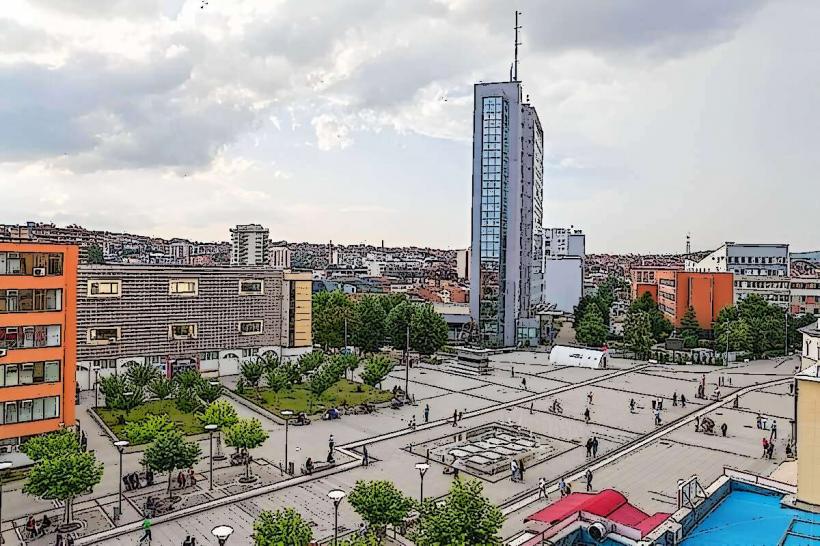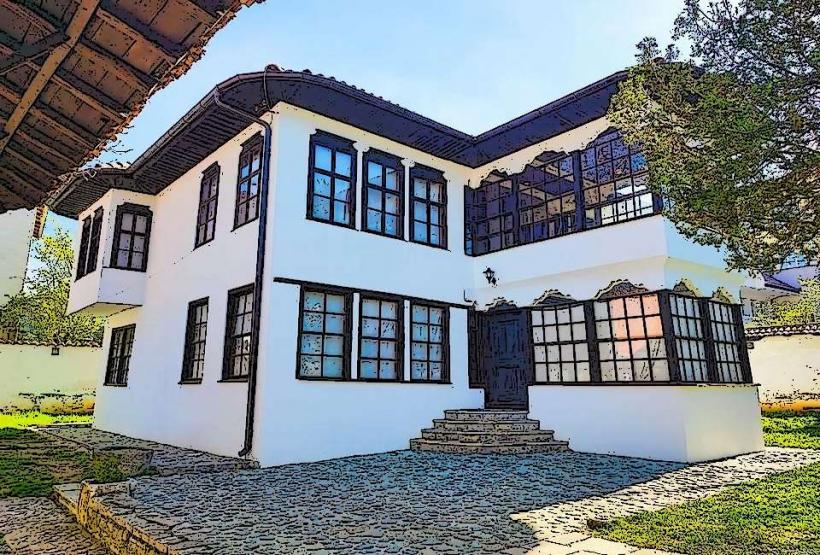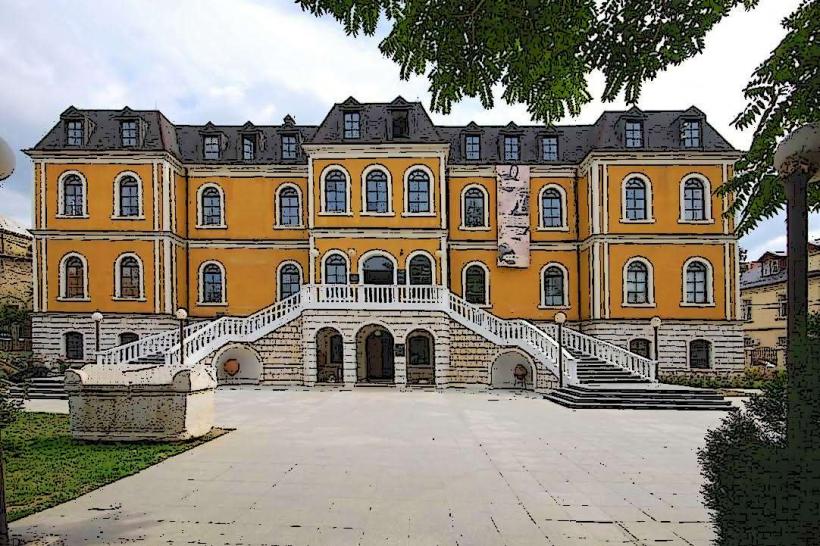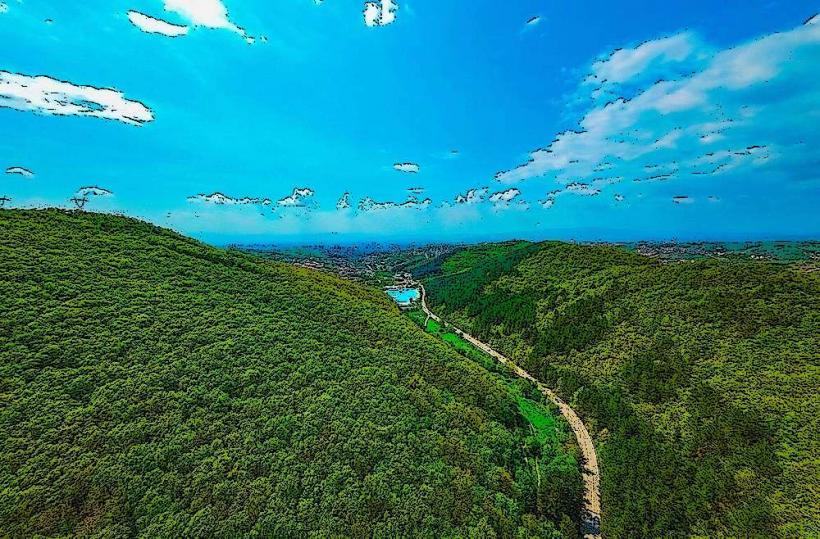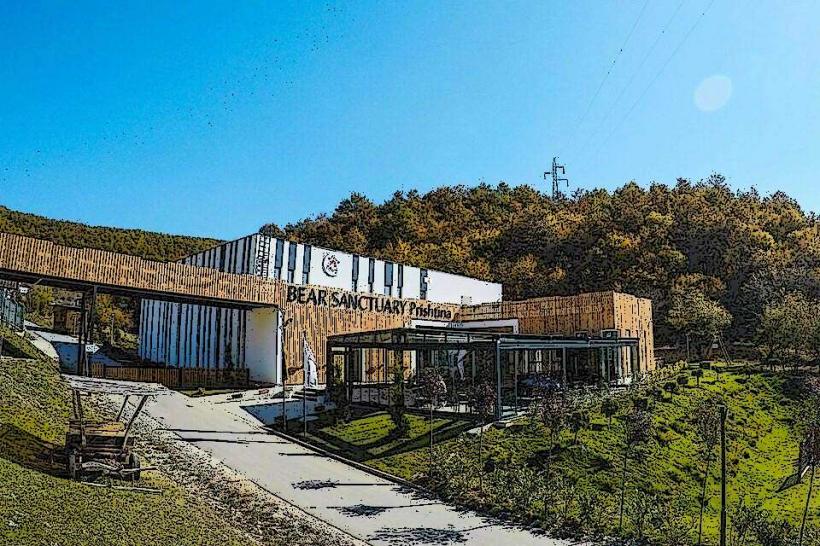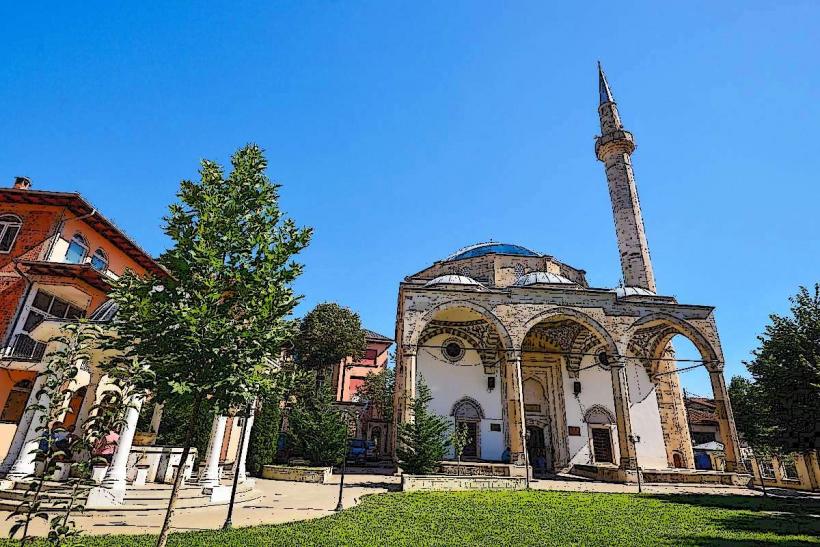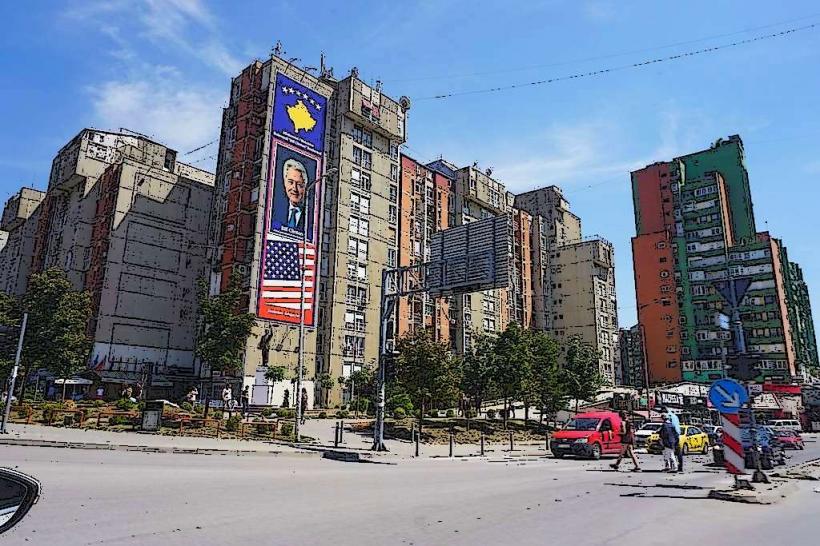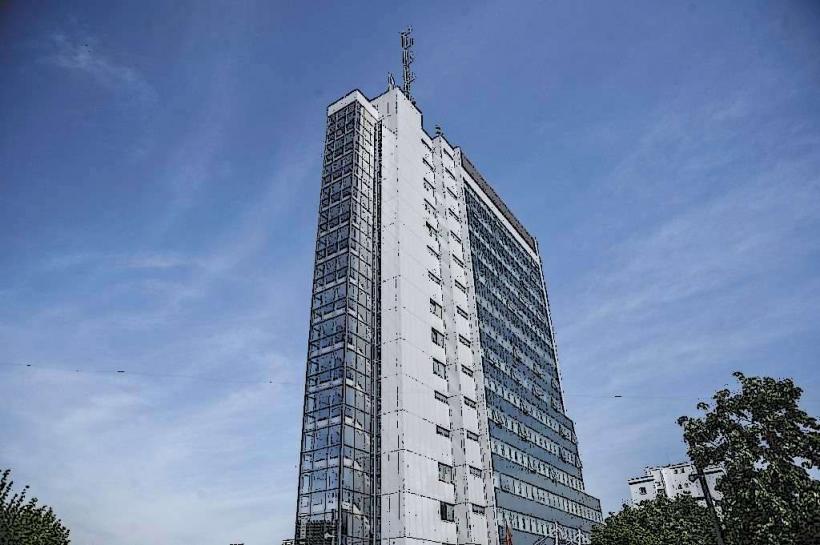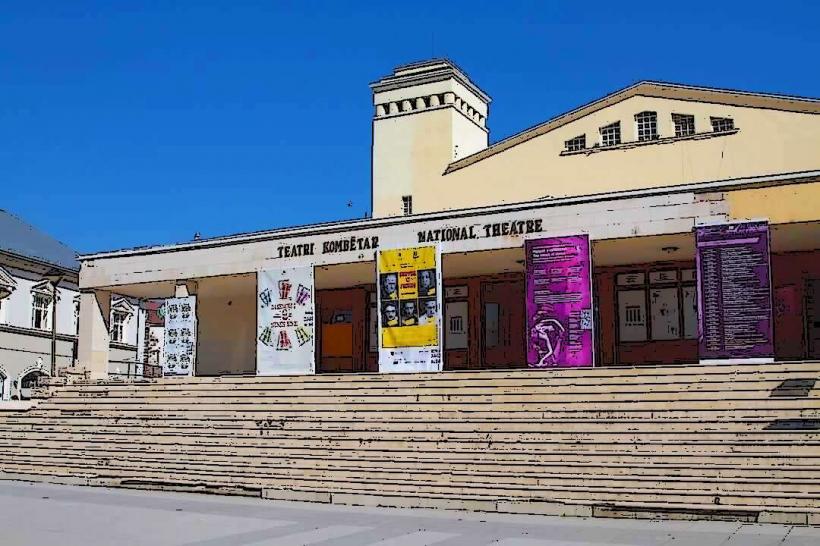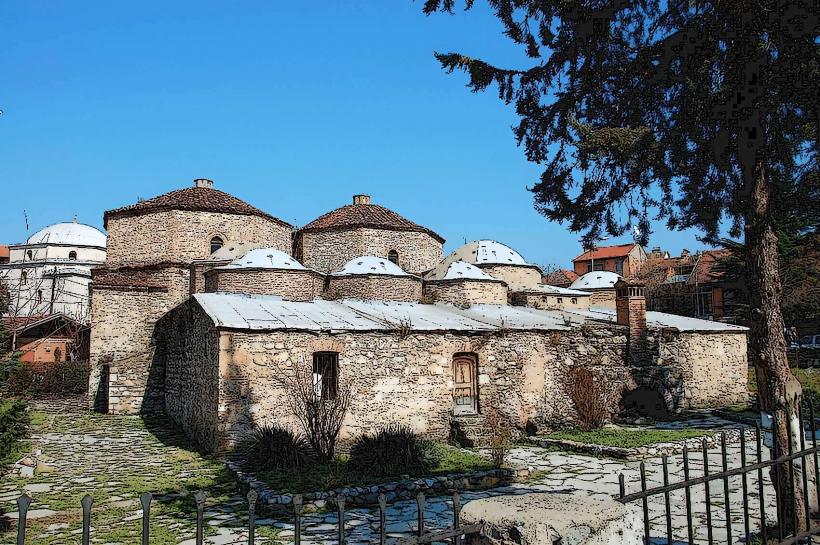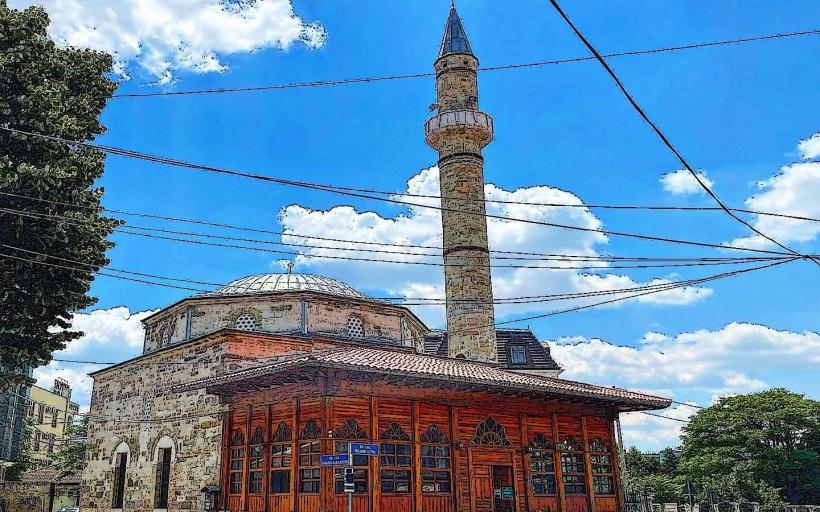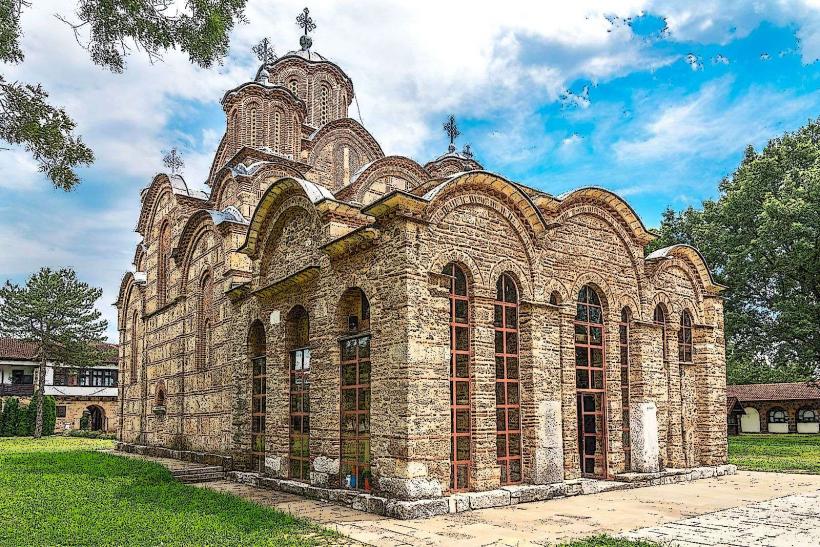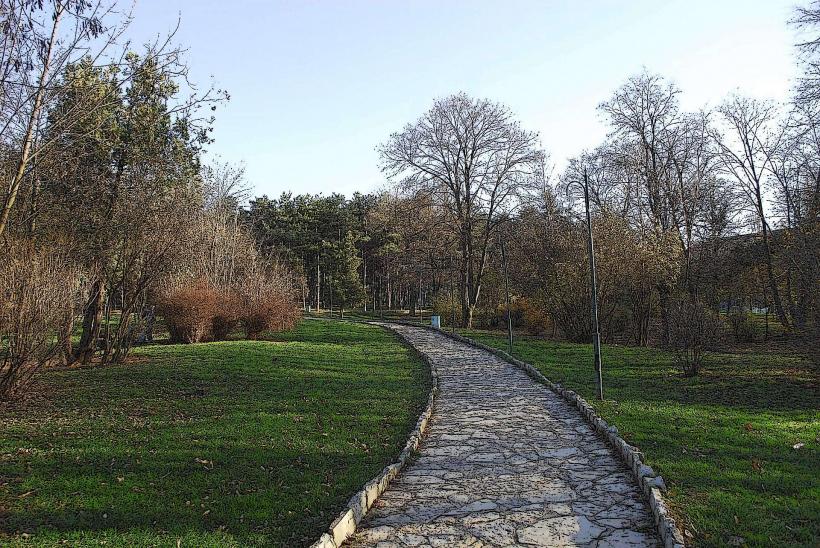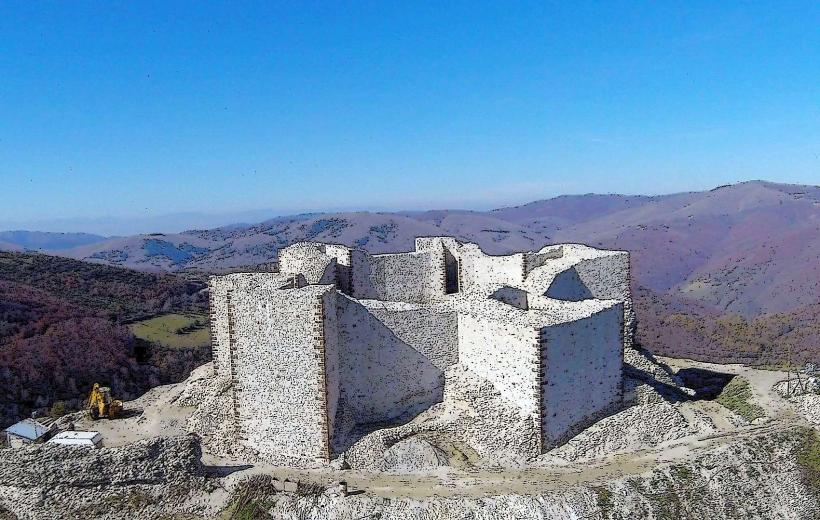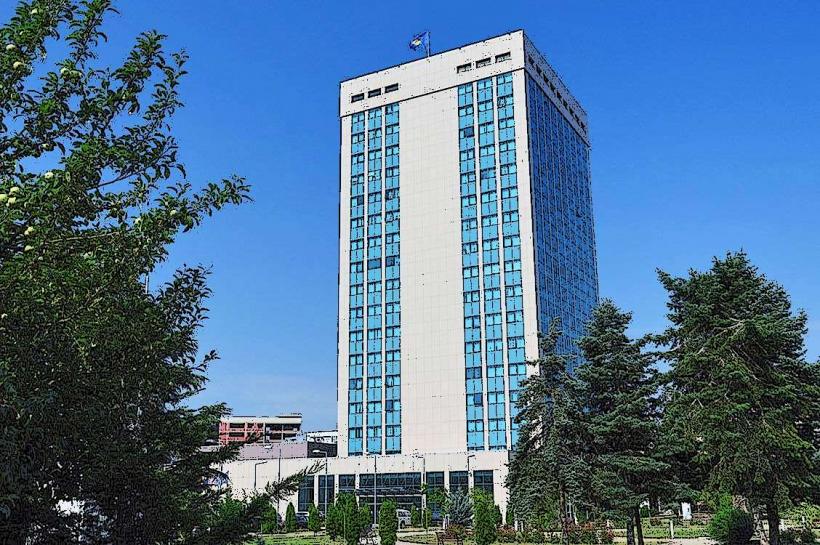Information
City: PristinaCountry: Kosovo
Continent: Europe
Pristina is the capital and largest city of Kosovo, a country located in Southeast Europe in the Balkans. It is a vibrant cultural, political, and economic hub that has undergone significant transformations in recent decades. Below is a detailed look at the city of Pristina without focusing on landmarks:
Historical Background
Pristina's history dates back to Roman times, though it rose to prominence much later as an Ottoman settlement. Its location on important trade routes helped shape its development over the centuries. Under Ottoman rule, which lasted for around 400 years (15th to 19th century), Pristina flourished as a market town and administrative center.
After the fall of the Ottoman Empire, Pristina became part of Yugoslavia, where it was an important part of the Socialist Republic of Kosovo and Metohija. Following the breakup of Yugoslavia, Kosovo declared independence in 2008, and Pristina was established as the capital of the newly formed republic.
Demographics and Population
Pristina is the largest city in Kosovo, with a population of approximately 220,000 people (as of 2021). It is predominantly inhabited by ethnic Albanians, although there is a small minority population of Serbs, Bosniaks, and other groups. Over the years, Pristina has become increasingly urbanized, with a youthful population—largely due to the high birth rate and the migration of people from rural areas to the city in search of better opportunities.
Political Importance
As the capital city, Pristina is the political heart of Kosovo. It hosts most government institutions, including the parliament, the presidency, and the offices of international diplomatic missions. The city's role as the center of government makes it a focal point for decision-making and policy implementation.
Pristina has been a focal point for both political tension and progress in Kosovo’s recent history. After Kosovo’s declaration of independence in 2008, Pristina became a symbol of the country’s aspiration for self-determination, although its independence has not been universally recognized, particularly by Serbia and several other countries.
Economy
Pristina is the economic center of Kosovo. The city's economy is diverse, with key sectors including services, retail, construction, and light manufacturing. It is also a regional hub for telecommunications, with several international companies having offices in the city.
Although Kosovo's economy has grown in recent years, it still faces challenges such as high unemployment, especially among youth, and reliance on remittances from the diaspora. In recent years, Pristina has also seen a growing tech sector, with a number of tech startups and IT businesses emerging.
The city has a relatively low cost of living compared to other European capitals, which has attracted some foreign investment, particularly in retail and real estate. However, corruption, lack of infrastructure in certain areas, and political instability continue to hamper its economic development.
Cultural Scene
Pristina has a rich cultural life, influenced by a mix of Albanian, Ottoman, and Yugoslav traditions. The city is home to a variety of cultural institutions, including theaters, museums, and galleries. It hosts various festivals throughout the year, showcasing local music, arts, and dance.
The Ethnological Museum Emin, National Museum of Kosovo, and Kosovo Museum are important centers for cultural preservation, showcasing Kosovo's heritage, history, and traditional crafts. Additionally, Pristina has a growing contemporary arts scene, with numerous galleries displaying works by local and international artists.
The city has a lively nightlife and café culture, which reflects its youthful population. The Newborn Monument, which symbolizes Kosovo’s independence, is a prominent symbol of the country’s cultural identity and has become an iconic image of the city.
Education
Pristina is an educational center in Kosovo, home to the University of Pristina, which is the largest and oldest university in the country. The university offers a range of programs in various disciplines, and it plays an essential role in Kosovo’s educational system. There are also several smaller private universities and institutions providing higher education.
Pristina’s education system has faced challenges, including a lack of resources, outdated facilities, and a shortage of skilled teachers. However, there have been efforts in recent years to improve education through international partnerships and reforms.
Infrastructure and Transportation
Pristina is the transportation hub of Kosovo, with Pristina International Airport, the largest airport in the country, offering international flights to several European cities. The city's road infrastructure connects it to neighboring countries, including Albania, North Macedonia, and Serbia. However, the city's public transportation system is still developing, with buses and taxis being the most common modes of transport.
Pristina has seen significant investment in infrastructure in recent years, with new roads, bridges, and buildings improving the urban landscape. However, challenges remain in terms of public transportation, waste management, and urban planning, particularly as the city continues to grow rapidly.
Challenges and Future Prospects
While Pristina has made significant strides in rebuilding and developing after the Kosovo War (1998-1999), it continues to face several challenges:
- Unemployment: High unemployment, particularly among young people, remains one of the most significant socio-economic issues facing the city.
- Corruption: Despite efforts to combat it, corruption remains a concern in both public and private sectors.
- Infrastructure Development: Continued investment in infrastructure, particularly public transportation and waste management, is necessary to keep pace with Pristina's growth.
- Political Stability: The political climate, shaped by the unresolved status of Kosovo and regional tensions, continues to influence Pristina's development. However, Kosovo's integration into European and international institutions remains a key goal for the city.
Conclusion
Pristina is a city with a rich and complex history, a youthful energy, and a burgeoning future. As the capital of Kosovo, it holds great significance both politically and culturally, representing the aspirations of a young nation. While challenges remain, Pristina's ongoing development and vibrant culture make it an important city in the Balkans, with much potential for growth and change.


